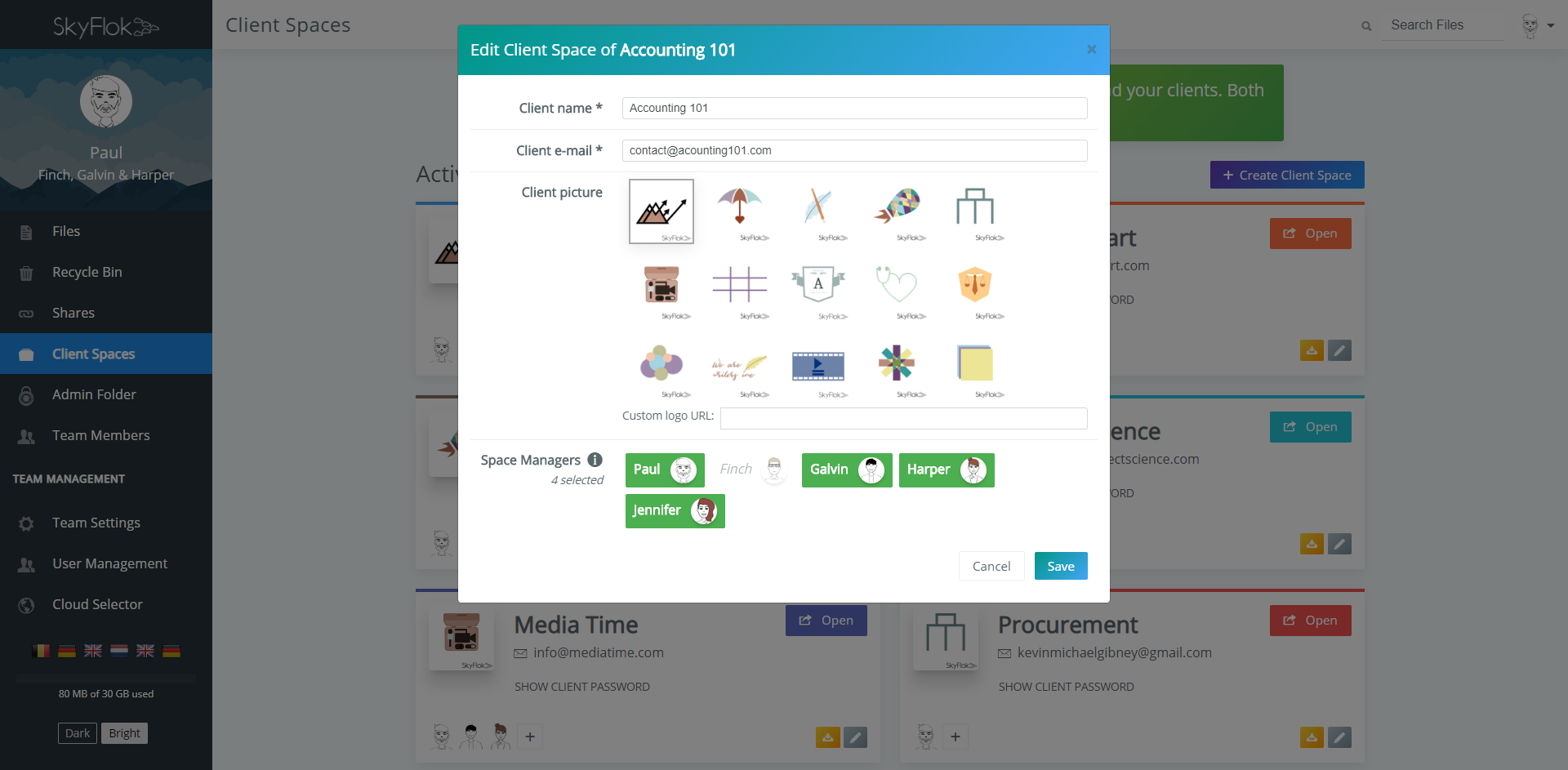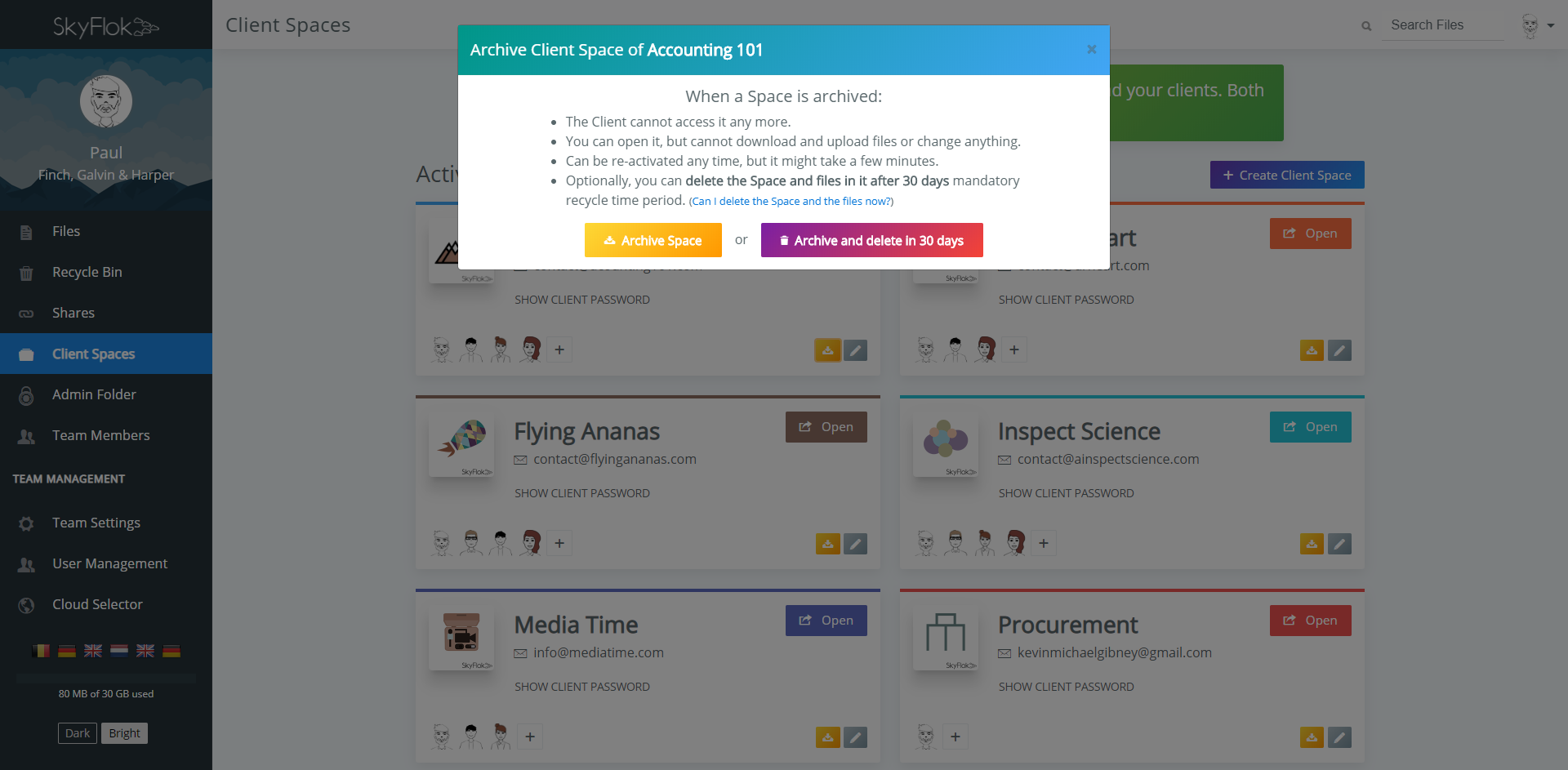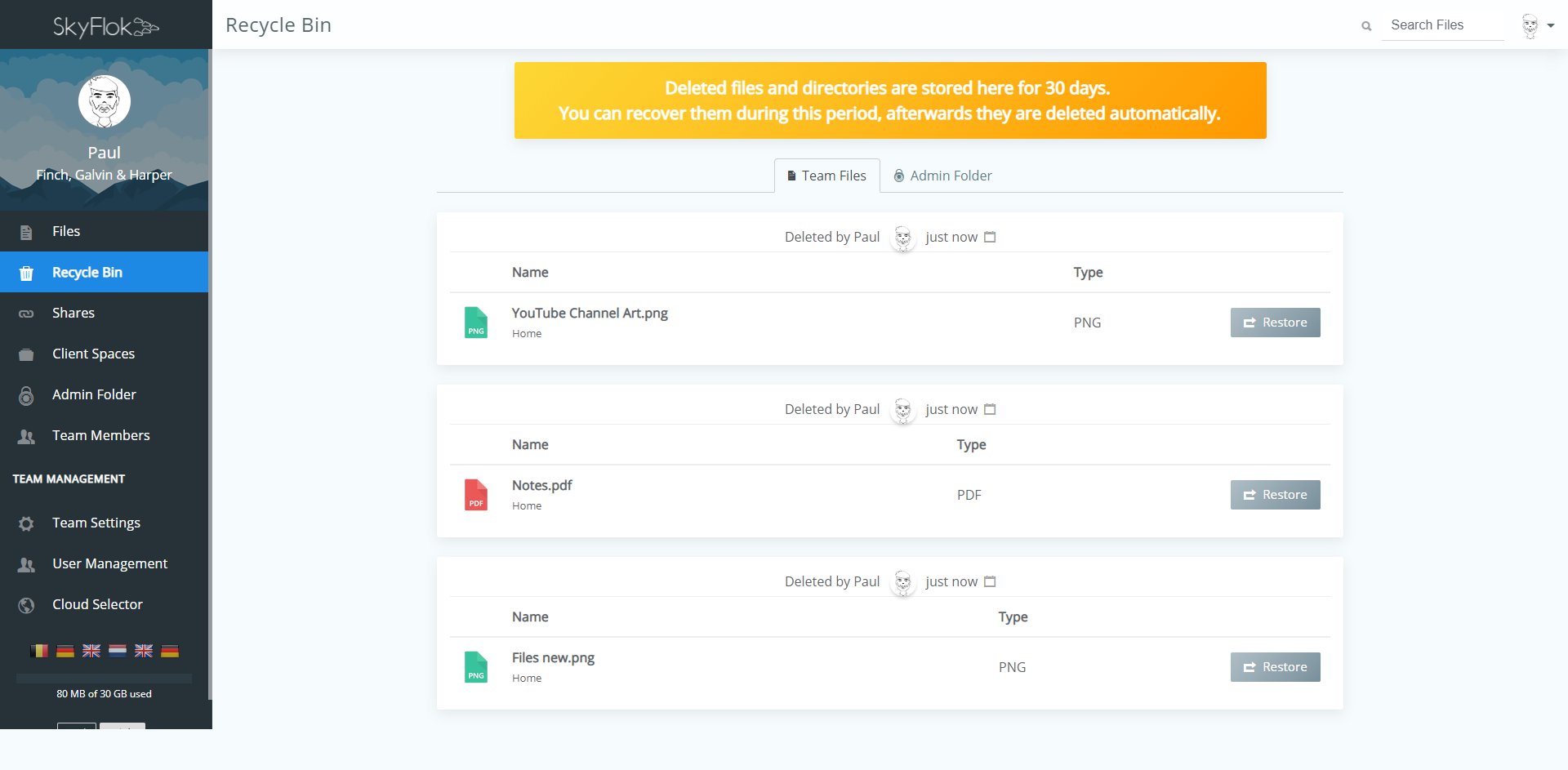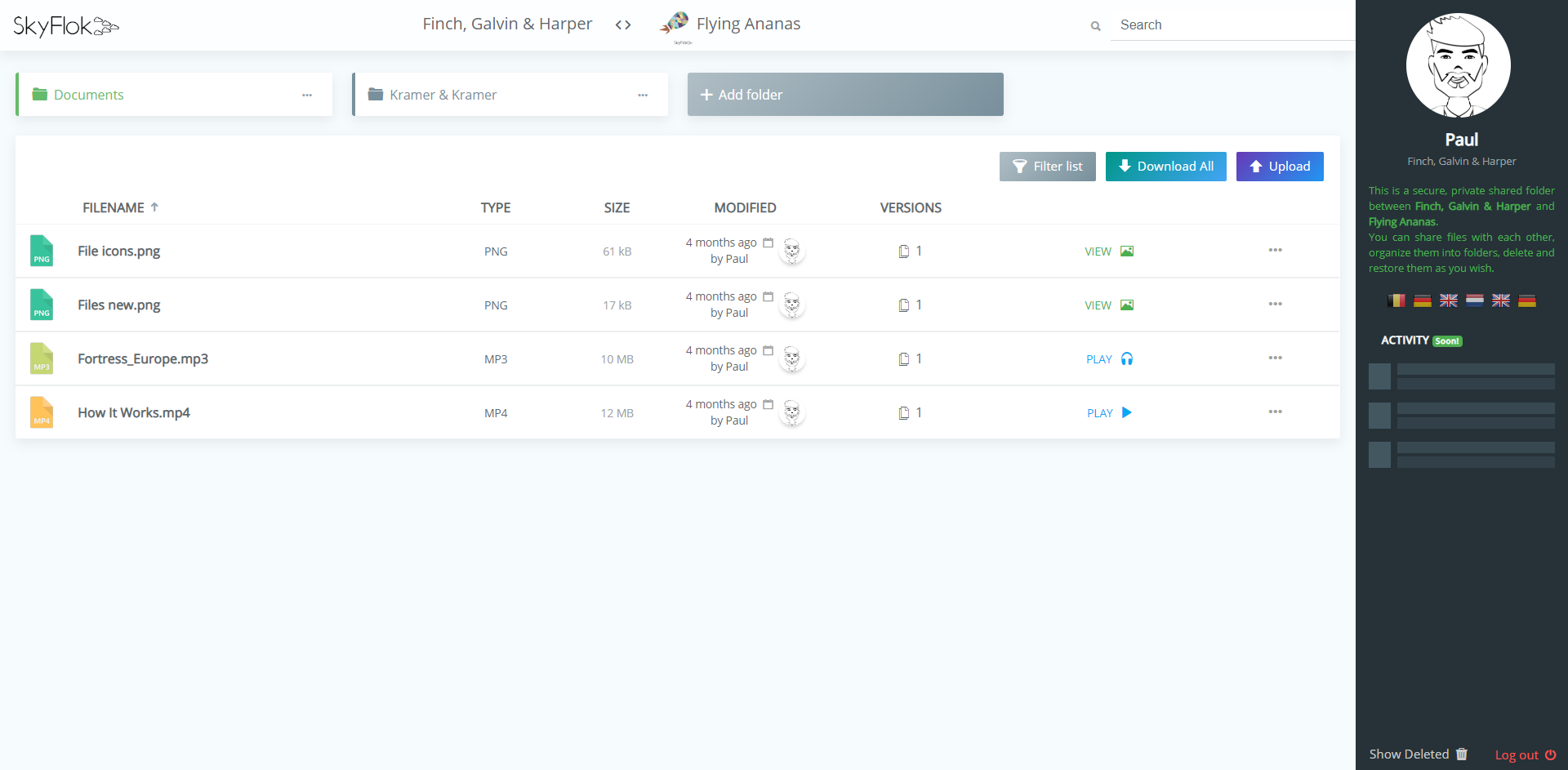GDPR
The General Data Protection Regulation (GDPR) is a legal framework that sets guidelines for the collection and processing of personal information of individuals within the European Union (EU). The requirements are tough and the penalties for non-compliance – big.






